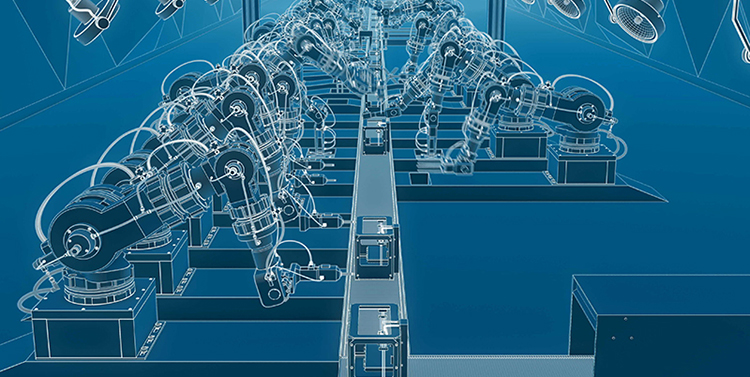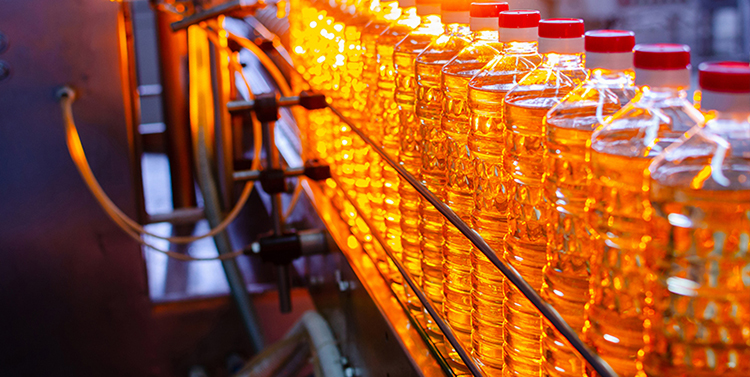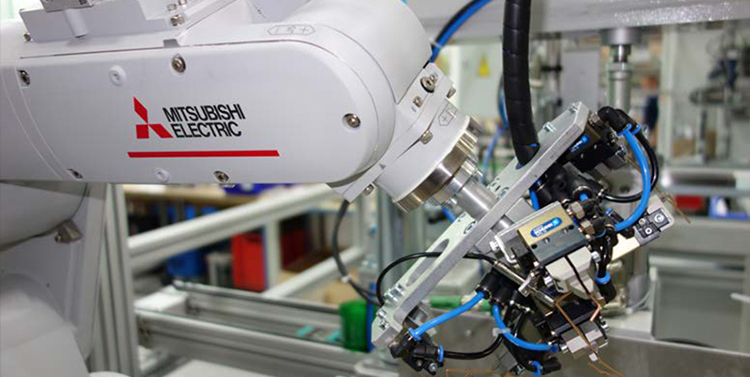
We have stepped into an era where automation and robots are revolutionizing industries. Owing to the precision they offer and their ability to work for prolonged hours without fatigue, robots have become an intrinsic part of manufacturing processes for many industries.
When Industrial Robotic Projects first emerged, it brought along confusion and denial. Those who didn’t understand the full potential of this technology simply refused to see the good it could bring. However, what was more theoretical than practical at one point in time is now mainstream in many industries; right from healthcare to agriculture, you will find automation everywhere.
The first phase of this revolution brought electric machines that performed repetitive tasks without fatigue. These robots were used in the automobile industry and other similar applications. The second phase brought industrial robots that besides performing basic tasks also absorbed data to evolve and become better. Today, robots have revolutionized a lot of important industries, some of which include:

Mitsubishi Electric’s range of robots are specially designed for pick and place and inspection; this primarily centers around device/part handling which includes tablet picking, bottle and vial handling, testing, and a lot more.
Besides being one of the fastest-growing sectors, healthcare is also among the most developed sectors. It has evolved rapidly with time, benefitting from new technologies and innovations, including Robotic automation.
Mitsubishi Electric has always been an integral part of the healthcare ecosystem. Mitsubishi Electric’s range of Robots especially designed for medical application which is a special model with ISO class 3 Clean Room Robots used in an Environment sterilized with Hydrogen peroxide gas and also withstand Wipe cleaning with Hydrogen peroxide water.

With an experience of over 90 years, we fulfil the ever-changing demands of the automotive industry with the help of robotic automation and small size robots, enabling leading two-wheeler makers to manufacture safer, comfortable, environment-friendly, efficient, and future-ready vehicles.
MELFA robots are highly accurate and flexible - this enables them to highlight every detail of the workpiece including quality assurance, haptic measurements, and assembly of complex components. These robots are capable of executing their tasks round-the-clock at full speed.

Compared to other sectors, the food industry puts robotic automation to selective use. But with time, this industry is growing at a very fast pace and the diversity of possible applications such as pick and place raw material or processed food items, slicing, cutting, sorting, dispensing and many other activities would need robots in the near future. Considering the stricter hygiene standards, our MELFA robots are capable of tracing the products and processes included in producing it. These robots are becoming an integral part of the ecosystem today and will be the same in the future as well. It is the stringent guidelines of MELFA robots that ensures and assures the quality even in ultra-clean applications.
Our products and solutions such as collaborative robots, servo motion technology, modular PLC, inverters, and HMIs are being extensively used in the beverages and food industry. These are developed in collaboration with our e-F@actory partner to meet the never-ending demand of Consumer-Packaged Goods (CPG) market.

Mitsubishi Electric is an active contributor in the electronics sector through equipment manufacturing. We offer a vast range of products and solutions including SCARA robots, drive products, power distribution and control products, computerized numerical controllers and many more. Apart from the range of products, we also have an extensive service network across the globe that helps us in providing technical support and establishing direct communication.
With Industry 4.0 in place, robotic process automation will gradually expand its footprints in other major sectors as well as the sub-divisions of existing ones, underlining their importance in the modern way of manufacturing.